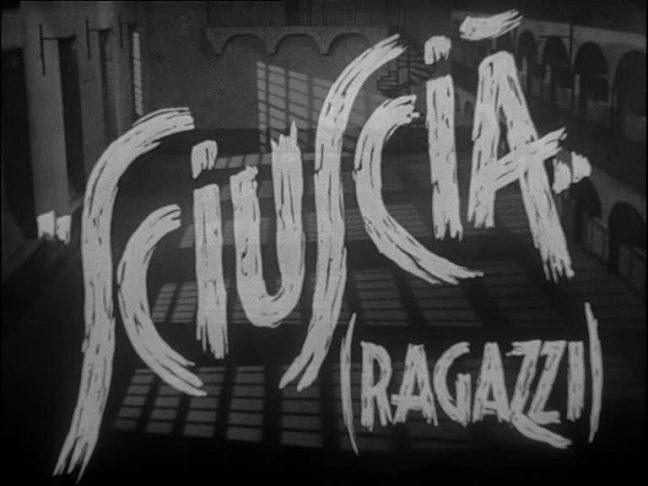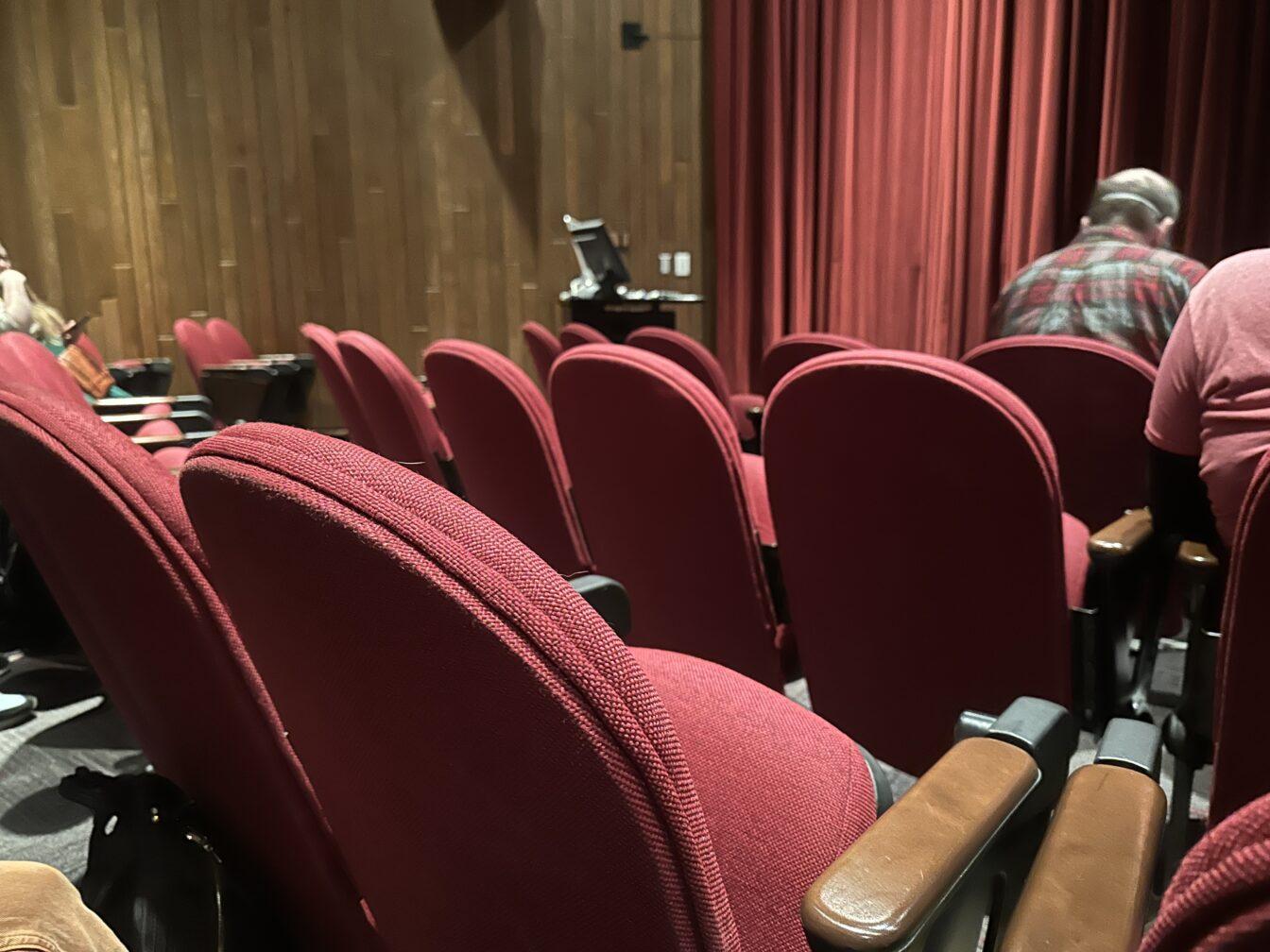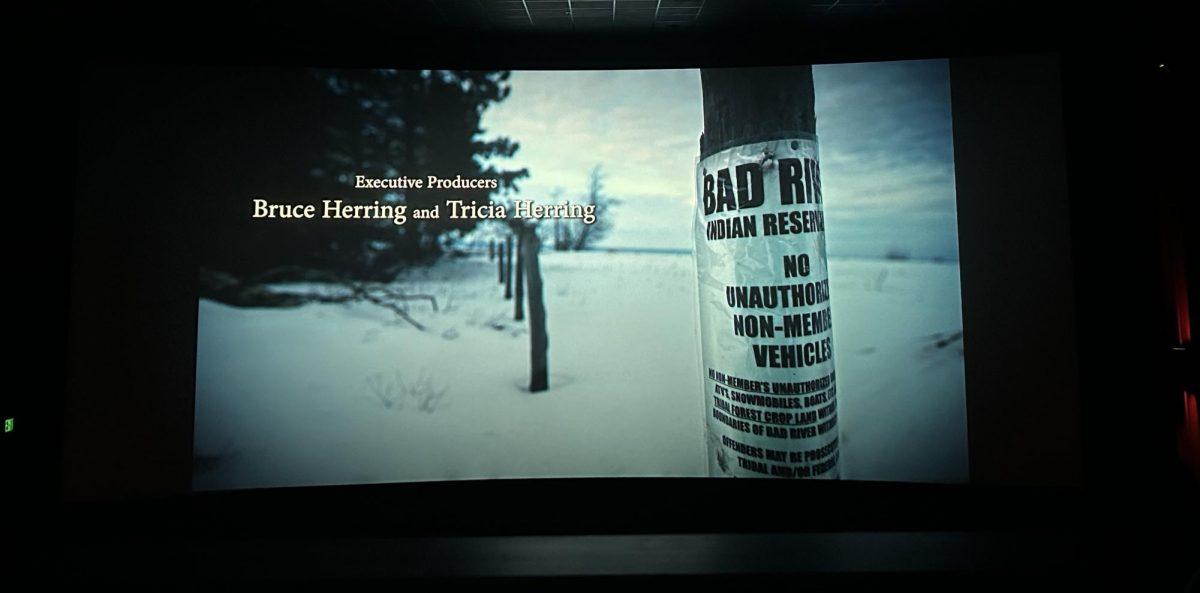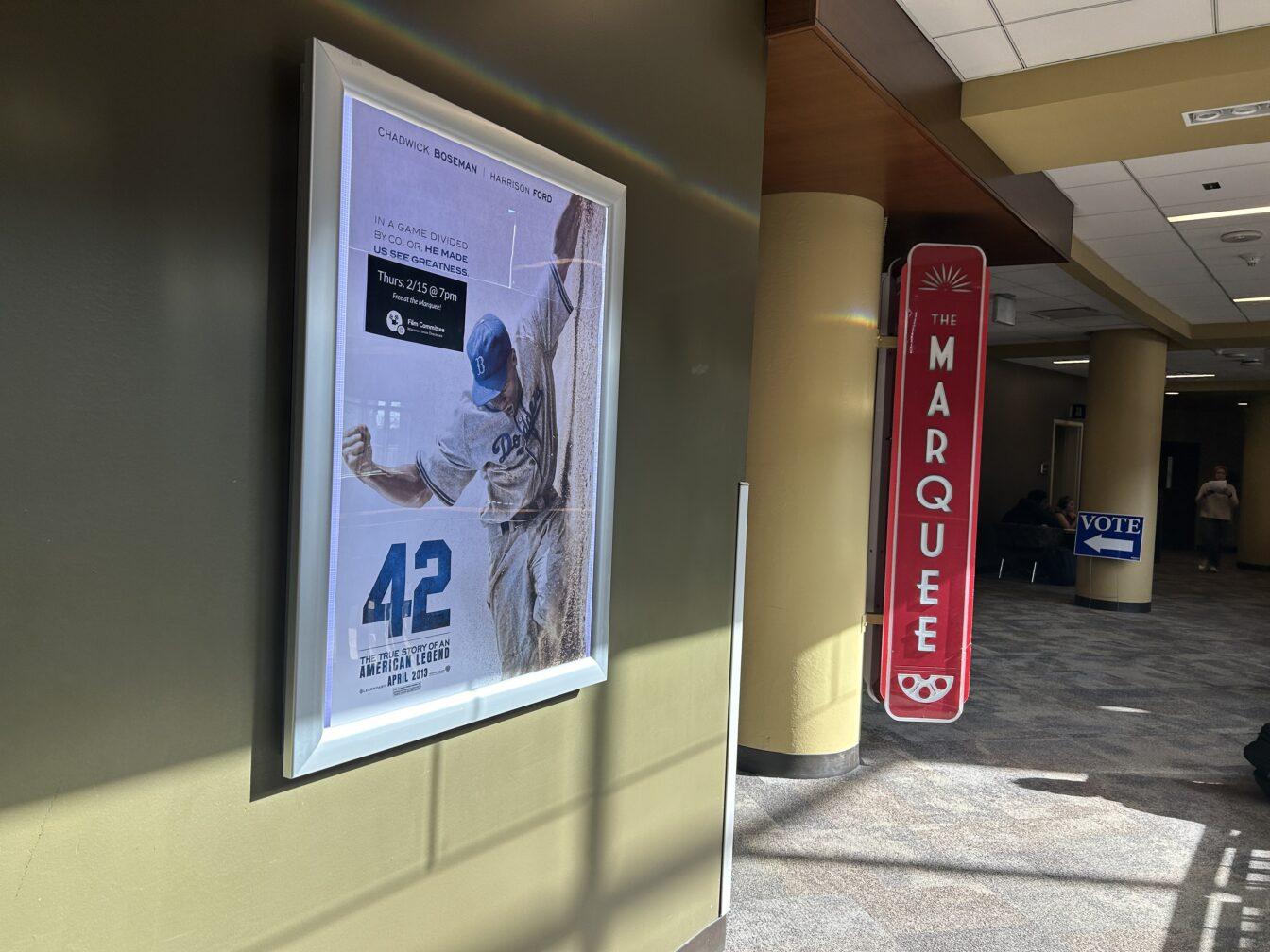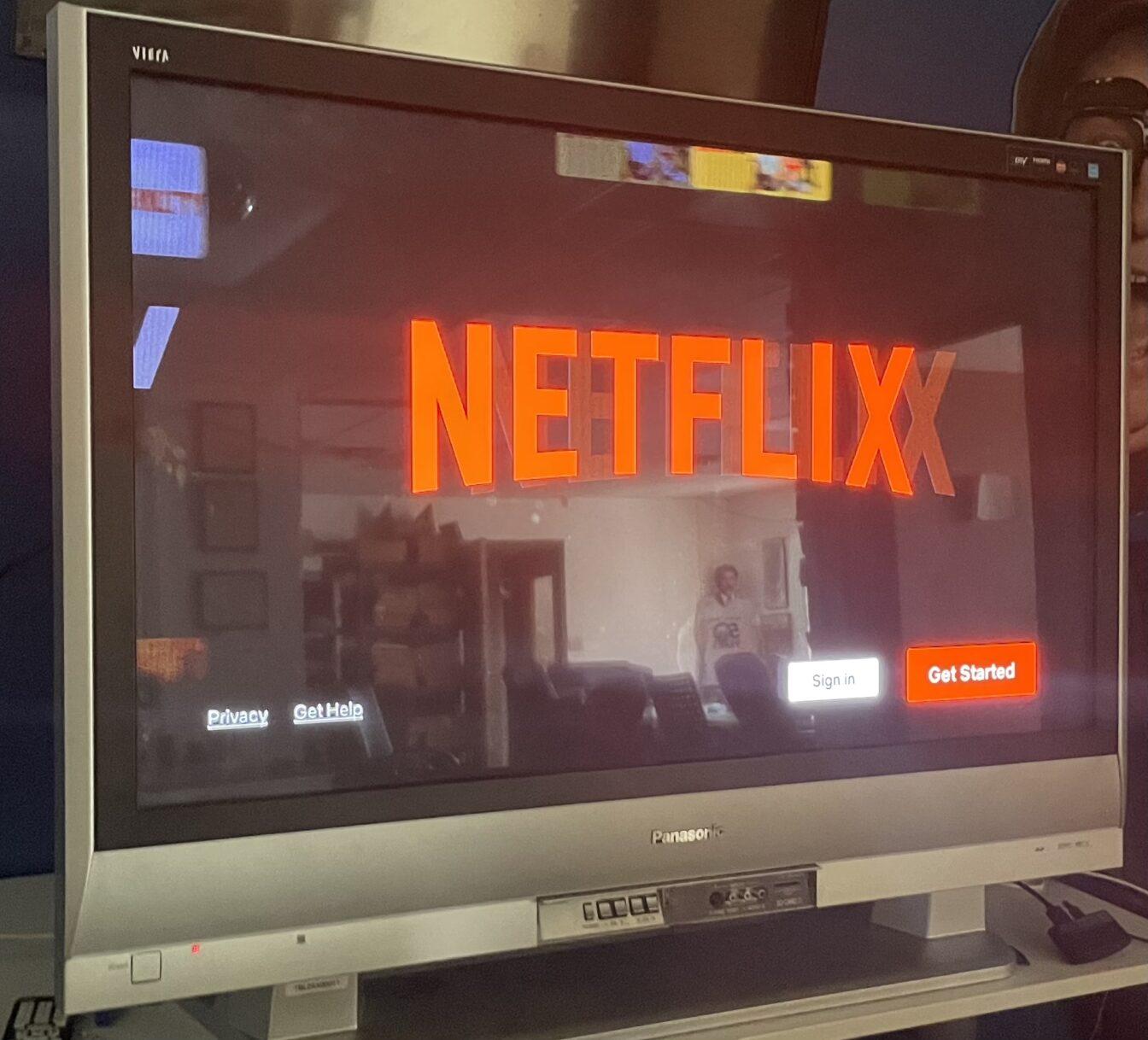“Sciuscià” (translated as “Shoeshine” in English) director Vittorio De Sica’s portrait of life in 1940’s Italy, is a film containing themes and imagery that are both salient and upsetting. This is a story of systemic injustice all brought about by something so innocent — two young boys wanting to buy a horse.
This is not a fleeting dream for them, but the kind of desire that only a child could understand. They act as if this horse would bring with it the answer to all of life’s mysteries. So Pasquale and Giuseppe, played by Franco Interlenghi and Rinaldo Smordoni respectively, give it all they can muster. They stand in the streets shouting “Hey, Joe!” ad nauseum — hoping that at least a few of the American soldiers milling about post-war Rome would care for a brighter set of boots.
But it turns out that you don’t see many shoeshine boys with horses for a reason, and the young men end up taking on sketchy jobs from Giuseppe’s older brother to boost their earnings. When the two get caught after one of these jobs they are sent to a juvenile prison, which turns out to be just as awful as it sounds.
Movie Review: BlacKkKlansman opens up doors for discussion about race, Charlottesville
From here on, the failings of those in power and the indignities the protagonists face within the prison system make up the heart of the story. These kids never really had a chance, which the film goes out of the way to show us at many points.
Everyone from lawyers to fellow inmates do not have the main character’s best interests at heart. Even Giuseppe’s family provide nothing in the way of a support network for him, with his brother’s negligence being the cause of his imprisonment in the first place.
Based on the sheer number of disadvantaged children accompanying the boys in their cell block, you can clearly see the way the director views his government’s treatment of the lower-class. They would rather lock them up and throw away the key than give them the tools to succeed.
Lucy Hale, Tyler Posey talk new psychological horror film, ‘Truth or Dare’
The actors truly shine in spite of, or perhaps because of, the bleak nature of the subject matter. Every one of the children acting as a prisoner in the film really sells the viewer on the idea that they are genuinely suffering through this ordeal. But Smordoni, the actor playing Giuseppe, steals the show.
His character goes through lofty highs and profound lows one after another all throughout the film, never feeling forced in the way it sometimes can with child actors. This story aims to make the viewer uncomfortable and is able to hit the mark because of superb performances like his.
That being said, “Sciuscià” is a very old film and not every part of it has aged as well as the acting. Overall the cinematography is quite good, however, the scenes where the characters get physical with each other (calling them “action scenes” feels hyperbolic) do not have the same level of polish.
One fight stands out as particularly janky, with a distinct lack of sound effects when the characters hit each other as well as what seems to be some reused footage of the same few punches. These are not deal breakers by any means, although as someone viewing this film in 2018 — it broke my immersion.
There is another option: ‘Circle Up’ shares power of restorative justice
This movie was shown on campus for free as part of a graduate facilitated program called La Cineteca Italiana. I had a conversation with the presenter after the film wrapped and she mentioned that Italian films often “ … have happy parts, but aren’t afraid to show the darker side of things,” which stuck with me.
The movies we typically consume in America offer a form of escapism. We are used to paying an acne-ridden teen $20 so that we can go in a dark room and pretend the world is better than it is.
This film was different. I sat through the majority of the movie with this disconcerting feeling — the world these characters live in is not unlike my own. That made the plot of “Sciuscià” feel like a breath of fresh air in a way, even if the characters within it would most likely prefer the escapism.
La Cineteca Italiana meets weekly Tuesday evenings in Education L196 at 7 p.m. For a full schedule of movie showings, you can check out their Facebook page.
Rating: 4/5


